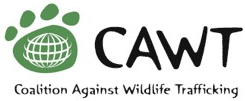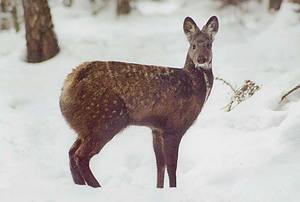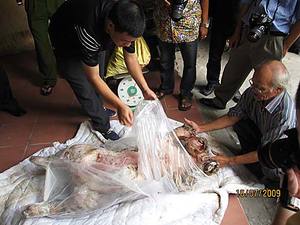UK Government takes over CAWT chair
Left to right Huw Irranca-Davies, UK Minister for Marine and Natural Environment; Will Pryor, Assistant Private Secretary; Lynn Beaufort, Defra CITES Policy Advisor; and Christine Dawson, US Department of State Click photo to enlarge © Defra London, UK—On the 20th July 2009 the United Kingdom formally accepted the chair of the Coalition Against Wildlife Trafficking (CAWT) from the United States. CAWT is a global coalition of six Governments and thirteen international business and conservation organisations, working together to support each other’s efforts to end the illegal trade in wildlife and wildlife products.
CAWT is a partnership of like-minded governments and organisations who are willing to make a political commitment to end wildlife trafficking. When taking on the role of chair the UK pledged to continue the good work already done by the US by building on the initiatives already underway and encouraging new members from key countries and industries to join the coalition.





 Thu, August 27, 2009 at 9:11
Thu, August 27, 2009 at 9:11
